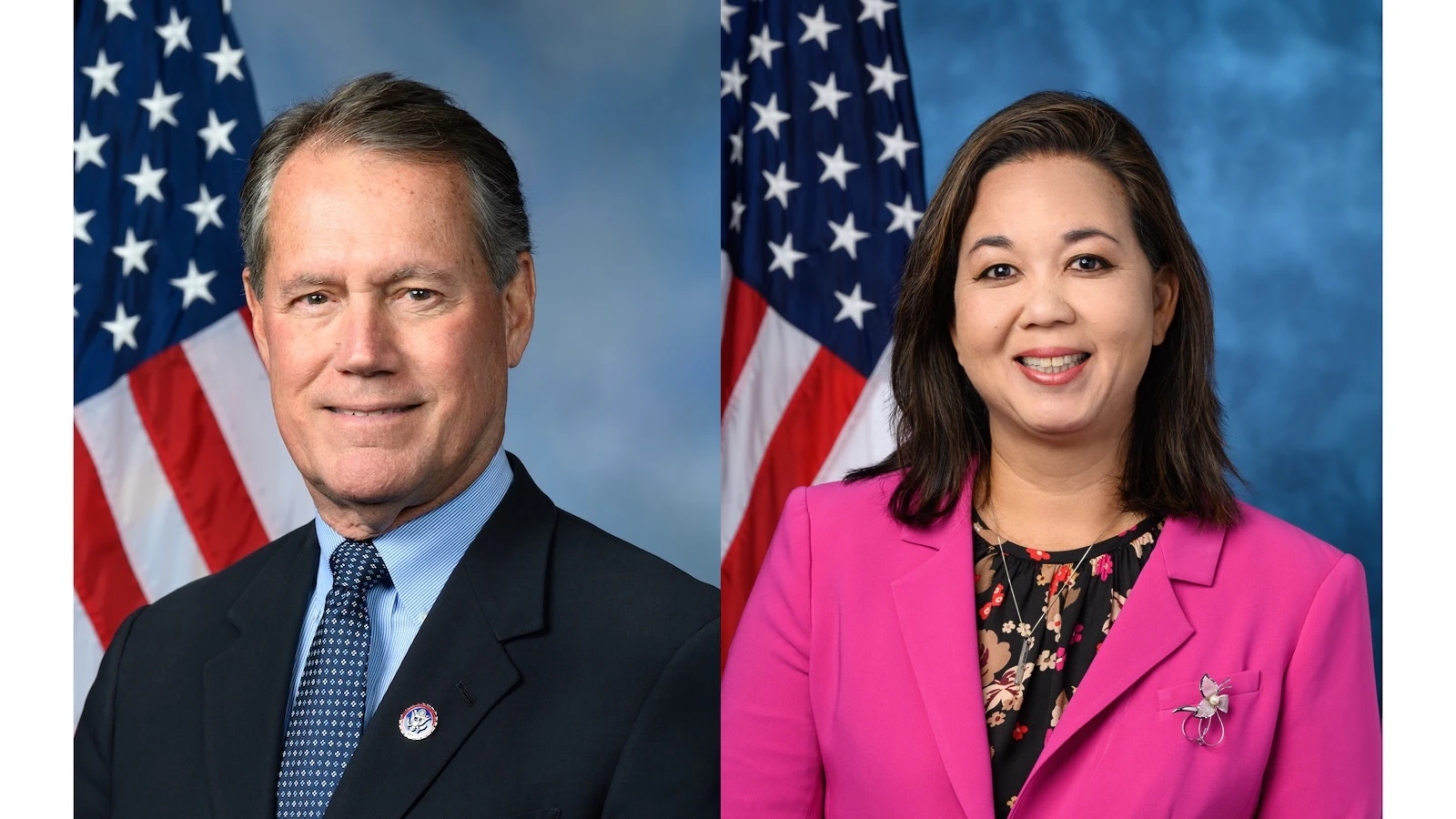Last week we were discussing some of the expenditure controls in the Hawai‘i Constitution that are supposed to rein in spending by our well-meaning government officials.
One of these controls is a requirement that all general fund appropriations, namely money given out by our Legislature, must lapse within three years. When the appropriation lapses, all “unencumbered” funds need to go back to the general fund to be available for appropriation by the sitting lawmakers at that time.
But what does “encumbered” mean? It doesn’t mean “spent,” it’s more like “committed.” The State of Hawai‘i Accounting Manual, published by our DAGS (Department of Accounting and General Services), says that “Encumbrance obligations or commitments are not merely anticipated future expenses, but are enforceable rights that bind the parties involved to complete a transaction based on proper performance of the acts called for by the obligation or commitment.”
So, for example, if an agency wanted to buy a box of paper for $50 and issued a purchase order to a local store, the $50 would be encumbered because the store, after furnishing the paper, would have a right to be paid the $50. It would be an encumbrance at the time of the order because the store then had legal rights in the transaction, even before it delivered the paper.
So, what is the issue with the new Aloha Stadium?
In an op-ed piece published in Civil Beat, John Kawamoto points out that the budget item appropriating $350 million for the new stadium at Hālawa was enacted as Act 248 of 2022, which became part of the supplemental budget for the 2021-2023 fiscal biennium. Act 88 of 2021, which Act 248 amended, stated that the appropriations in the biennium budget would lapse on June 30, 2024. This is consistent with Attorney General Opinion No. 81-2, which states that an appropriation made in a fiscal biennium must lapse no later than one year after the close of the fiscal biennium under the Hawai‘i Constitution’s three-year lapse requirement.
So, did the $350 million appropriation for the stadium lapse?
When Kawamoto questioned DAGS about it, DAGS replied that the State Comptroller had extended the lapse date to June 30, 2026, citing Comptroller’s Memeorandum No. 2023-16 and HRS section 40-90. Those references appear to say is that encumbrances are normally cancelled after a certain period of time but can be extended under extenuating circumstances such as supply chain issues. What is extended is not the deadline to encumber the money, but the deadline to convert the encumbrance to a liability. The Comptroller has no right or power to extend the lapse date of an appropriation, and he has no right or power to rewrite the Hawai‘i Constitution. So, something is wrong with the answer DAGS gave.
Rather, the real question is whether an encumbrance against the Stadium appropriation exists at all. Has the State opened bids, awarded a contract, or otherwise given anyone enforceable rights to rebuild the Stadium? Kawamoto pointed out that in October 2024, DAGS and the Stadium Authority selected Aloha Hālawa District Partners as the developer of the project. Six months earlier, at a Stadium Authority meeting, a deadline of June 30, 2025, to sign a contract was announced. However, there is still no signed contract.
What is the hold-up? Does Aloha Hālwa District Partners have enforceable rights sufficient to create an encumbrance? If so, why has no contract been signed? And what are the “extenuating circumstances” that DAGS is using to justify the extension to June 30, 2026?
$350 million is a big deal, folks. The Clamoring Public wants answers!
Tom Yamachika is president of the Tax Foundation of Hawaiʻi. Reprinted with permission.
For the latest news of Hawai‘i, sign up here for our free Daily Edition newsletter!





